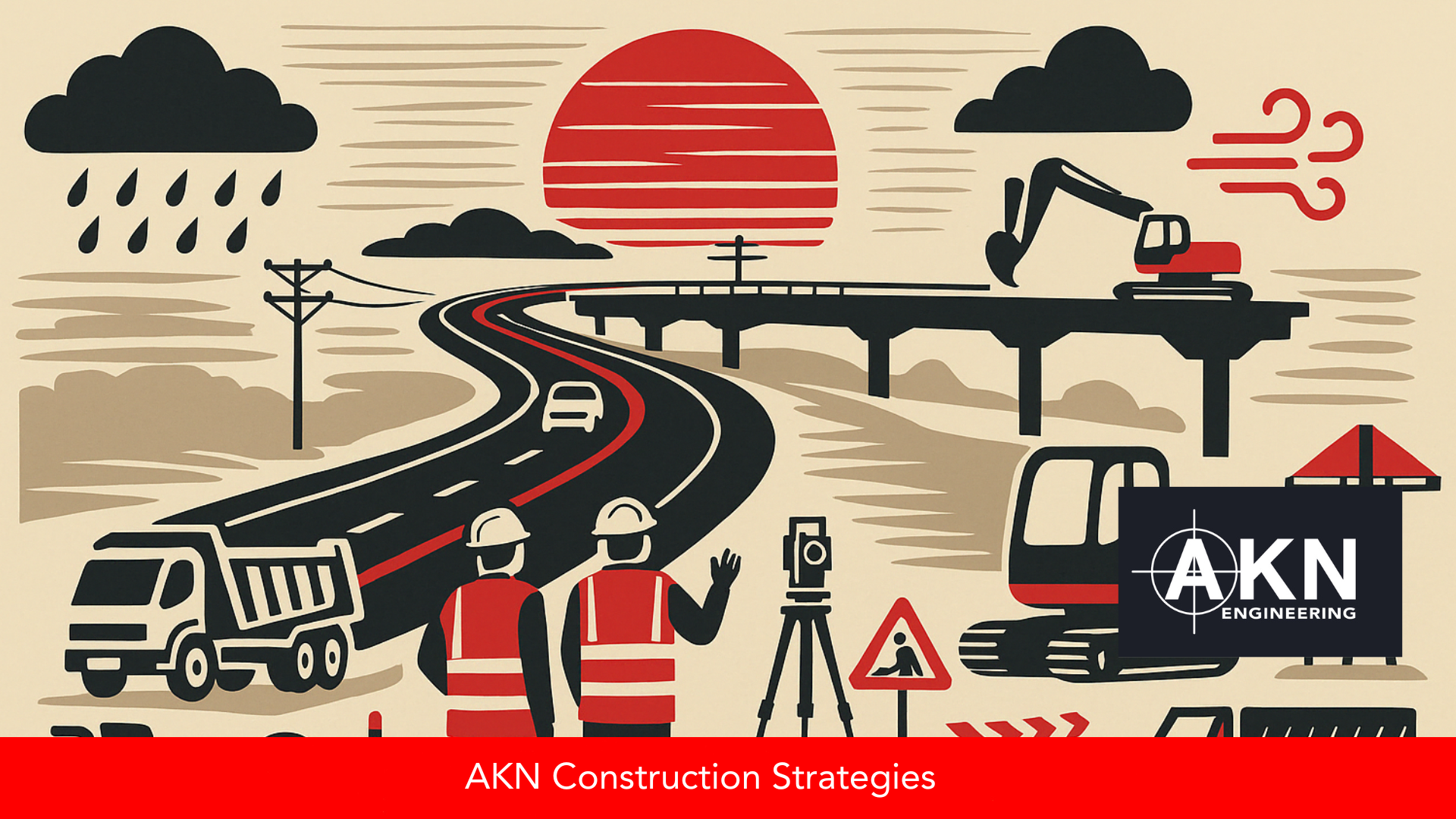How Does Weather Affect Site Engineering Work and How Is It Managed?
In the UK construction industry, weather isn't just a backdrop—it's a significant factor that can influence project timelines, safety, and contractual obligations. For site engineers and project managers, understanding and managing the impact of weather is crucial to maintaining efficiency and meeting deadlines.
Monitoring and Recording Weather Conditions
Accurate weather monitoring is essential. Utilising reliable sources like the Met Office and Weather Online provides real-time data to anticipate and respond to adverse conditions. Regularly recording weather impacts in site diaries ensures that any delays or disruptions are well-documented.
Early Warnings and Notifications
Under contracts such as NEC4, it's imperative to issue Early Warning Notices when weather conditions threaten to impact the project. Prompt communication allows for collaborative problem-solving and can mitigate potential delays. For detailed guidance on managing weather-related compensation events, refer to NEC Contract Insights.
Supporting the QS or Project Manager
Site engineers play a pivotal role in supporting Quantity Surveyors and Project Managers by providing detailed records and evidence of weather-related disruptions. This collaboration is vital for substantiating claims and ensuring that the project remains on track financially and temporally.
Programme Planning and Adjustment
Flexibility in planning is key. Incorporating buffer periods and alternative tasks into the schedule can help accommodate unforeseen weather events. For insights into how weather affects construction programming, see Soil Link's report.
Risk Management and Safety
Ensuring the safety of personnel and equipment during adverse weather is non-negotiable. Implementing measures such as dewatering, securing materials, and halting operations during extreme conditions protects both the workforce and the project's integrity. The Institution of Civil Engineers offers further reading on sustainable practices in civil engineering.
Real-World Example – NEC4 Rainfall Thresholds
Consider a scenario where the contract specifies compensation for rainfall exceeding 10mm/day over five days. By meticulously recording daily rainfall and its impact on site activities, and notifying the Project Manager within the stipulated timeframe, the site engineer ensures that the project adapts effectively to the conditions, maintaining progress and budgetary control.
Summary – The Site Engineer’s Role in Weather Management
Table: Summary of the Site Engineer’s role in weather management, broken down by tasks and responsibilities
For more insights into Land Surveying and Setting Out in Construction, and to explore our range of services or contact us, visit our website. We’re here to support your projects with our expertise and dedication to quality.



